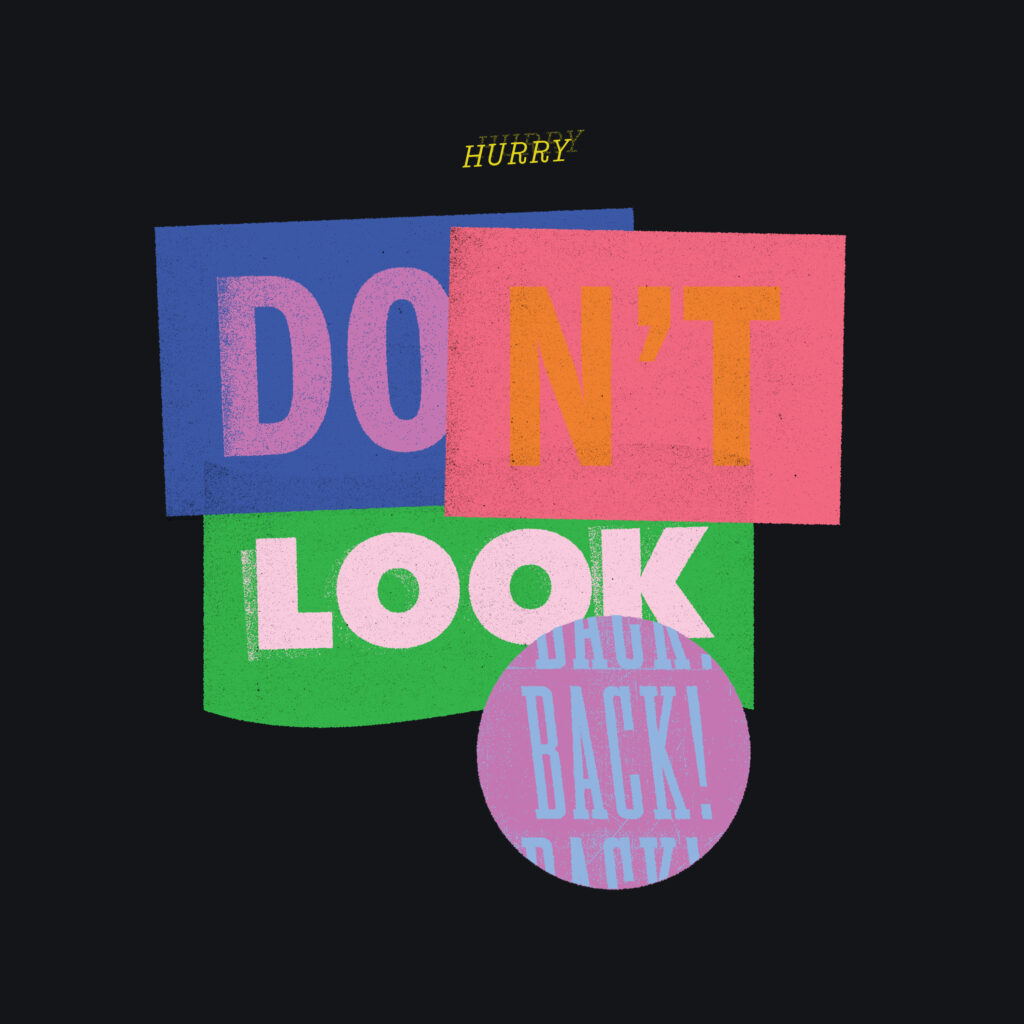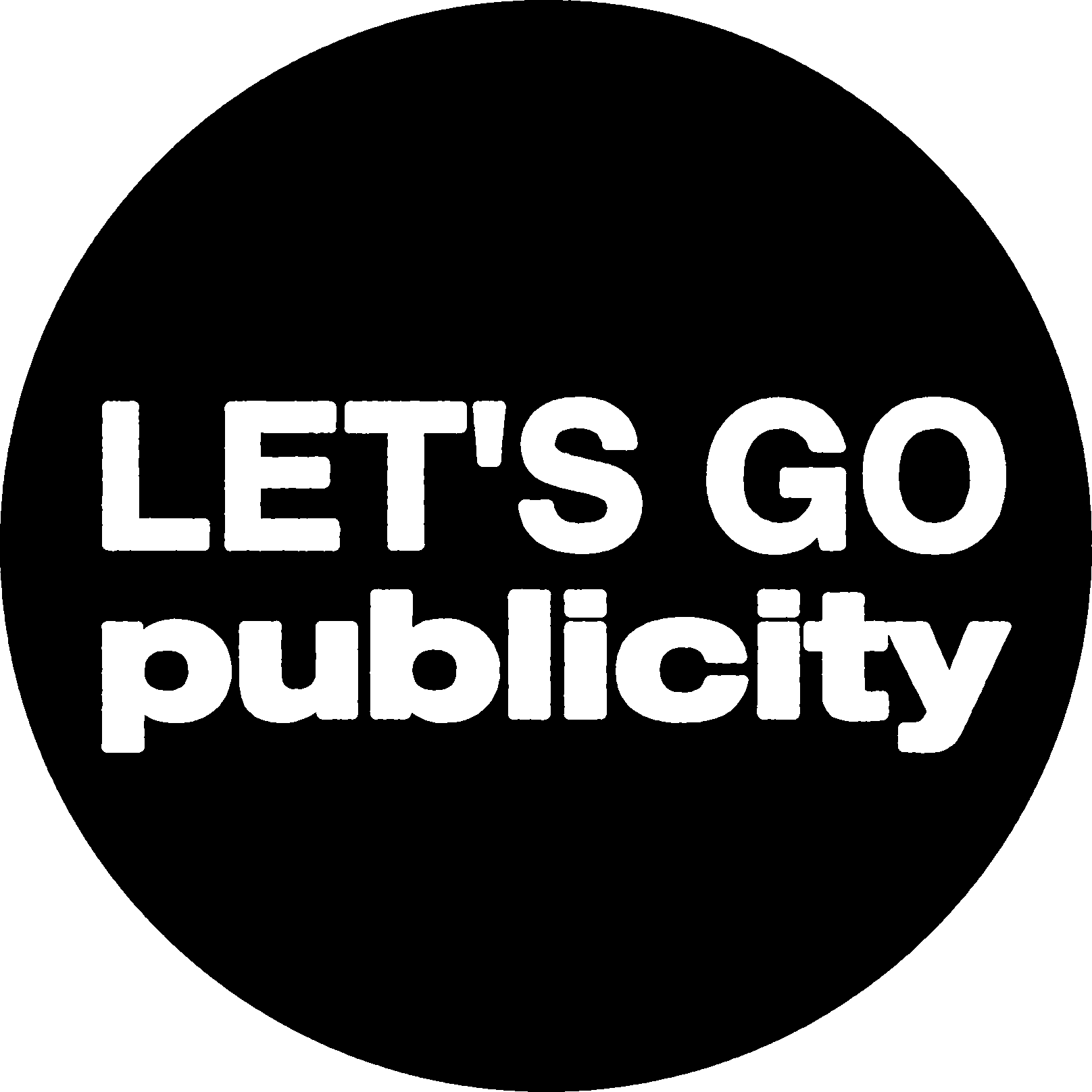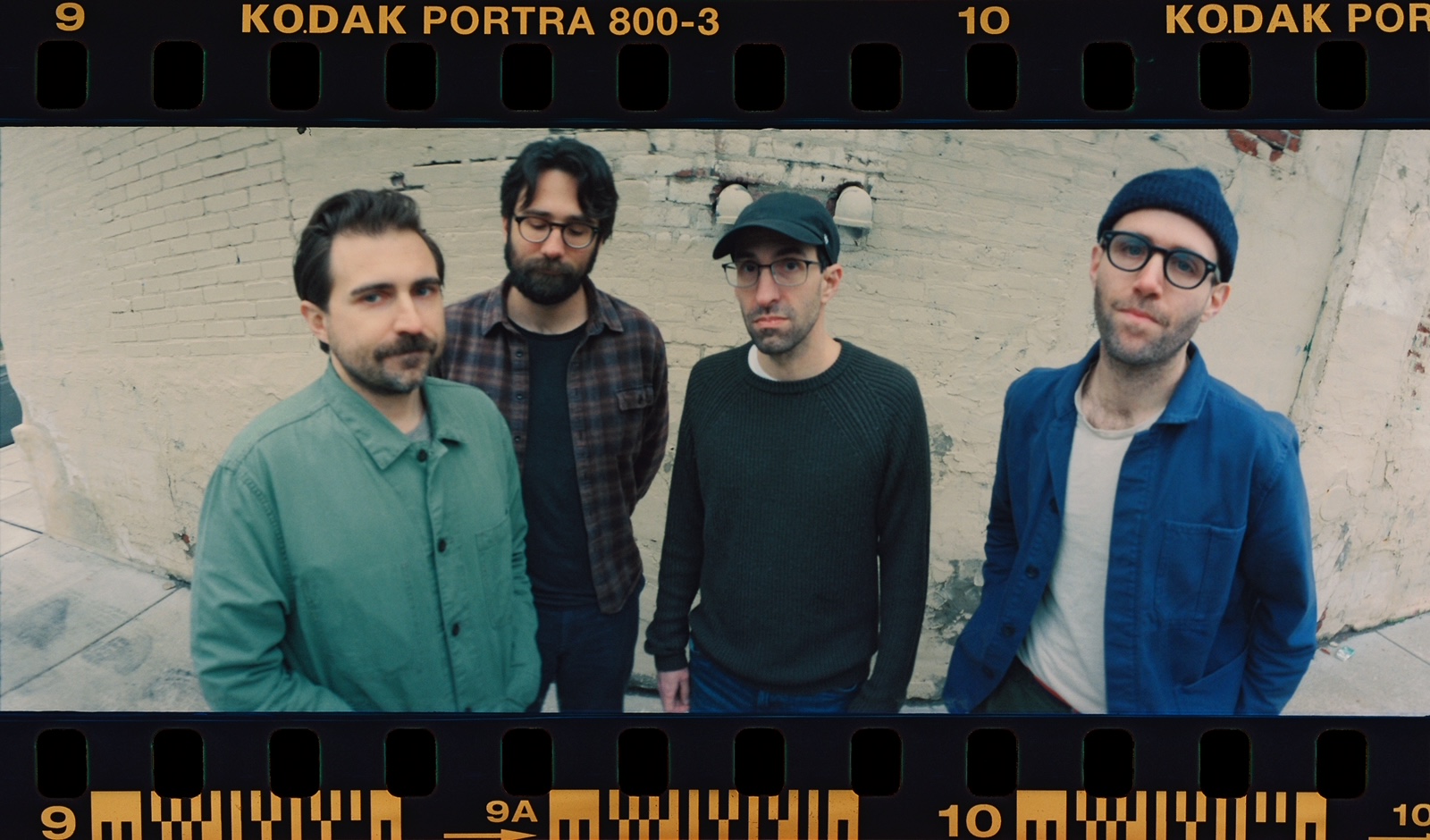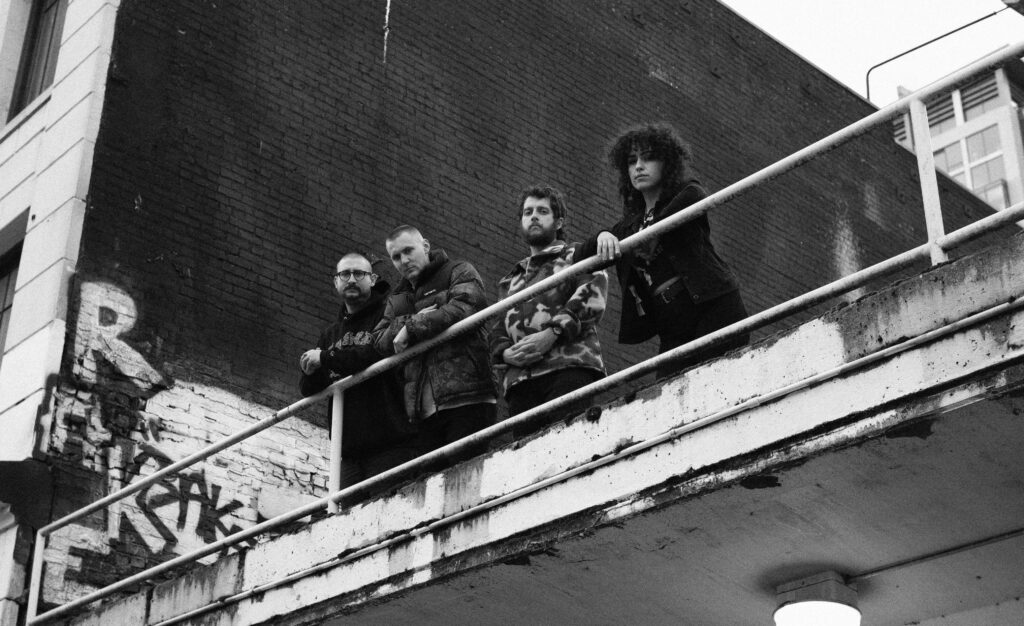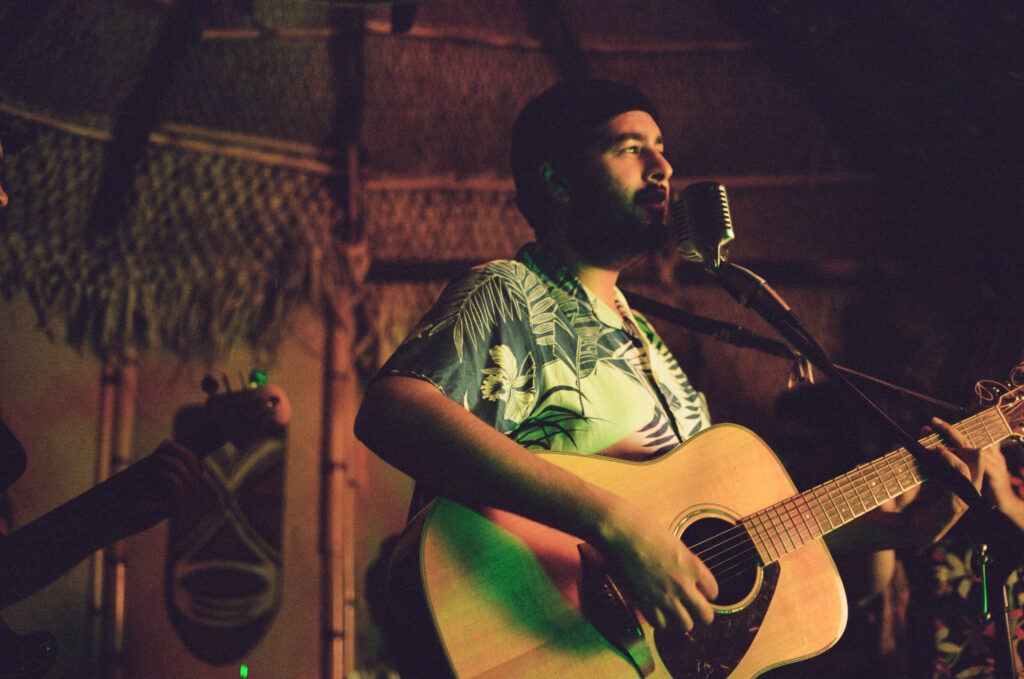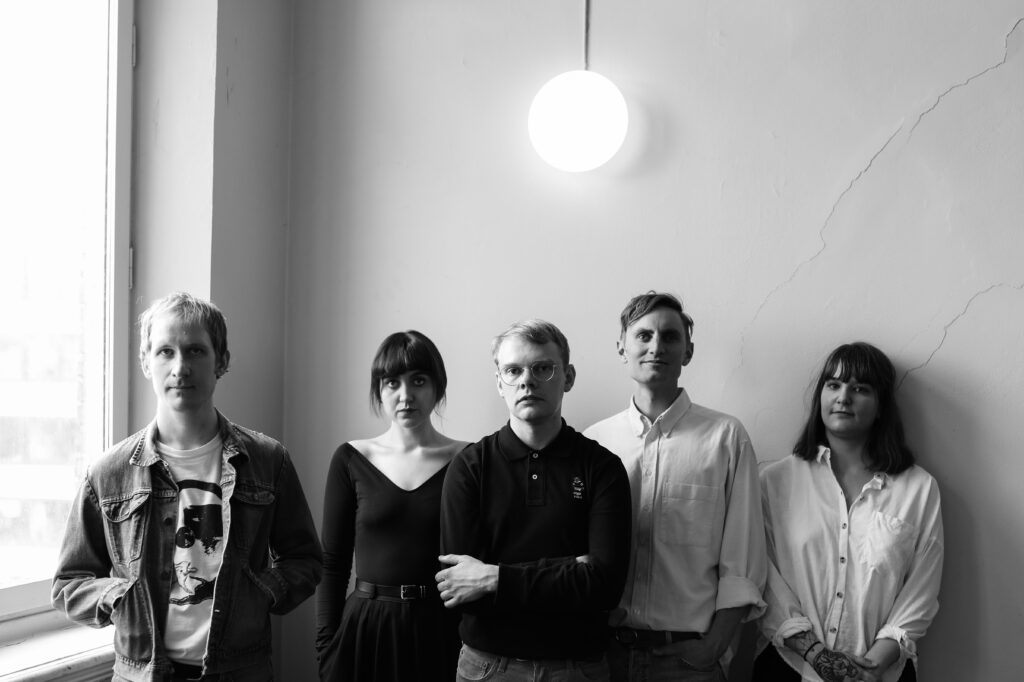When Matt Scottoline formed his band Hurry in 2012, he wasn’t even sure what power pop meant. “I only found out what it was because of Hurry’s drummer [Rob DeCarolis],” Scottoline says. “When we first started the band, he was like, ‘Oh, this is cool power pop music.’ I had no idea what he was even saying.”
“Power pop” describes some of the greatest music ever made. If abused, it can also describe some of the worst music ever made. Everyone wants a piece: The septuagenarians who dress like magicians and blow their pensions on Rickenbacker 12-strings and mink fur fedoras; the studded belt ’77 set who are like the Exploding Hearts but bad; and, of course, emo and pop-punk bands who claim the genre in an attempt to attract listeners who aren’t children.
These days, Scottoline knows exactly what power pop means, which is the inevitable byproduct of making it and engaging with its fervid fandom. It is loud, generally mid-tempo, hyper-melodic electric guitar music–and he is exceptionally good at it
One popular hypothesis is that power pop experiences brief bursts of popularity between more dominant music trends. And like the perverse seismologists straining at the leash in anticipation of The Big One, Scottoline has been predicting the genre’s latest resurgence for years. “Every time I put out a record, I would tell [Lame-O Records], ‘I think this is it. I really think this is the year that power pop is going to come back.”
Scottoline is finally getting his flowers. Over the pandemic a scene of relatively young power pop bands coalesced on the social media platforms relatively young people use (i.e., Twitter and Instagram, not Facebook and the Steve Hoffman message boards). At the center of this Neo International Pop Overthrow is Hurry—and at the center of Hurry is Scottoline, whose latest album with the band, Don’t Look Back, proves you can make effortless, earnest, irresistible double-P without getting hung up on semantics.
Don’t Look Back takes cues from all the usual suspects—a Pitchfork review of the band’s 2016 LP Guided Meditation compared Scottoline’s songs to Matthew Sweet and the Posies, and those comparisons still make sense this time around. Tambourine is employed liberally; the record takes its title from a song by Teenage Fanclub (“Don’t Look Back” off 1995’s Grand Prix), who famously named one of their records after a Big Star song (with 1993’s Thirteen). These types of winking nods are encouraged in Power Pop World—if you aren’t transparently iterating on the work of your heroes, you are power popping wrong.
Like Grand Prix before it, Don’t Look Back’s crystalline production (courtesy: Ian Farmer) plants the record firmly in the modern era while also distinguishing Scottoline from some of his scrappier peers. This is the best a Hurry record has ever sounded; Scottoline attributes some of that to working with an outside recording engineer for the first time and relinquishing some creative control. As any songwriter-cum-reluctant auteur knows, there is a specific type of freedom that comes from letting other people handle the production and guitar solos—it gives you ample brain space to go hogshit in the songwriting department. Don’t Look Back is the most comfortable Scottoline has ever sounded in his own skin.
Yet Don’t Look Back also illuminates Scottoline’s enthusiasm for one of most fucked up niches in the history of commercial rock music, and one which we discuss at length: The massive, bubblegum power pop hits of the mid-‘90s and early 2000s that are seldom included in the Cool Guy Canon. I’m talking about “Roll to Me” by Del Amitri, “(Absolutely) Story of a Girl” by Nine Days, “You Get What You Give” by the New Radicals, and “California” by Phantom Planet. I’m talking about “Back Here” by BBMak and every Oasis single released from 1994 to 1997. And I’m especially talking about “She’s So High” by Tal Bachman.
“Those types of bands…I feel like they really cracked the power pop formula in a lot of ways,” Scottoline says. “And it left such a big impression on me, as someone who was listening to the radio at that time as a tween. It’s like this AI-sounding pop stuff that is so well-crafted, and the melodies are so perfect. And this is around the same time I started playing guitar and was trying to figure stuff out, and I wasn’t just playing ‘Smells Like Teen Spirit’ over and over.”
Scottoline has grafted the best qualities of ‘90s bubblegum power pop—the pitch-perfect songwriting, the pop-rock sheen, the borderline saccharine vocal melodies—onto something far more raw and emotionally resonant. Don’t Look Back is striking in its tenderness and candor—approximately half of the lyrics on the record are concerned with the deterioration of an 11-year relationship Scottoline was in, with the other half being a celebration of new love. The first words Scottoline sings, in opening track “Didn’t Have to Try,” is essentially a statement of theme: “And we’re back at the beginning / Never thought I’d see a face like that again / It attacks when we’re not ready / And I won’t play it safe this time.” This is pop music about actual feelings which means it’s automatically better than most pop music. It is challenging and addictive.
Standout track “Begging For You” is the closest any contemporary power pop band has come to writing a song that actually sounds like a ‘90s radio hit. It’s the most immediately catchy song on an album that is wholly catchy, and its biggest hook occurs within the first five seconds.
“Sometimes I demo a song and I’m like, ‘I have no idea if this will be good or not,’” Scottoline says. “But ‘Begging For You’ was one of those songs where I knew the whole time it was going to be good. It really feels like you’re at the mercy of the Gods sometimes, and sometimes you just get lucky.”
Scottoline’s subtle self-deprecation aside, there is not a single moment on Don’t Look Back that isn’t completely drenched in melody. “Parallel Haunting” evokes the tuneful ache of golden age Evan Dando; “Little Brain” sounds like golden age Evan Dando and golden age Noel Gallagher. There isn’t a single moment on Don’t Look Back that isn’t also drenched in emotion. As a lyricist, Scottoline has a knack for dressing up devastating sentiment in pithy one-liners.”Baby, I want to arrest myself / ‘Cause all that I say and do / Won’t make you wanna see this through,” he sings against a backdrop of Boo Radleys-ish brass in “Around My Heart.”
Scottoline has always been skilled at capturing the feeling of anxiety in his songs—not in the maudlin, PR-bait, explicit-references-to-Zoloft way, but in the sense that this person worries they may have fucked up every decision they’ve ever made. Rich emotional content is a hallmark of great power pop, and Scottoline’s unflinching neuroticism is the perfect counterweight to his dyed in the wool pop sensibilities.
On one hand, Don’t Look Back is an ironic title: These songs are about reflecting on failed romance from a more mature emotional vantage point. But as both a title and collection of songs, Don’t Look Back is also a self-affirmation of sorts—to learn from the past without being mired in it, to stay focused on the present, to feel hopeful for the future. You couldn’t come up with a better analogy for power pop if you tried.
